Rebecca (2020): 3 Things The Netflix Film Does Well (& 3 Ways It Falls Short)
The Netflix film was not received well by critics, many of whom compare it to Alfred Hitchcock's 1940 adaptation. Here's a look at three things the 2020 adaptation does well, and three ways it falls short.
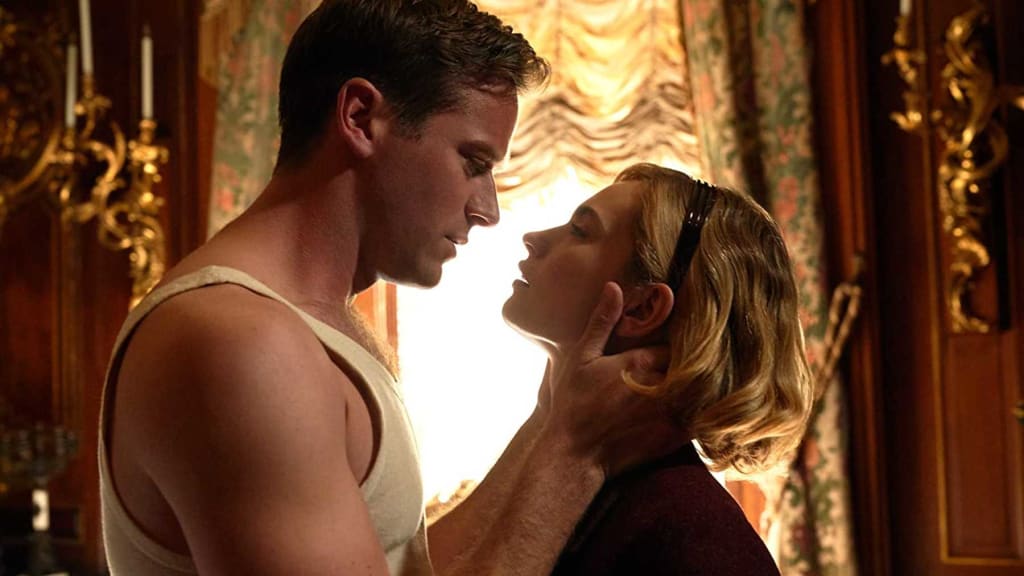
Based on Daphne du Maurier's 1938 Gothic novel, Rebecca is a 2020 film adaptation directed by Ben Wheatley and starring Lily James and Armie Hammer. James' nameless character meets Mr. de Winter while accompanying her lady on a trip. The pair quickly marries and moves into his family estate on the English coast.
However, the young woman finds herself haunted by the memory of the late Mrs. de Winter, who everyone insists did things better than she does. The new Mrs. de Winter investigates how she really died and what impact this has left on the household.
The Netflix film was not received well by critics, many of whom compare it to Alfred Hitchcock's 1940 adaptation. Here's a look at three things the 2020 adaptation does well, and three ways it falls short.
DOES WELL: Cinematography
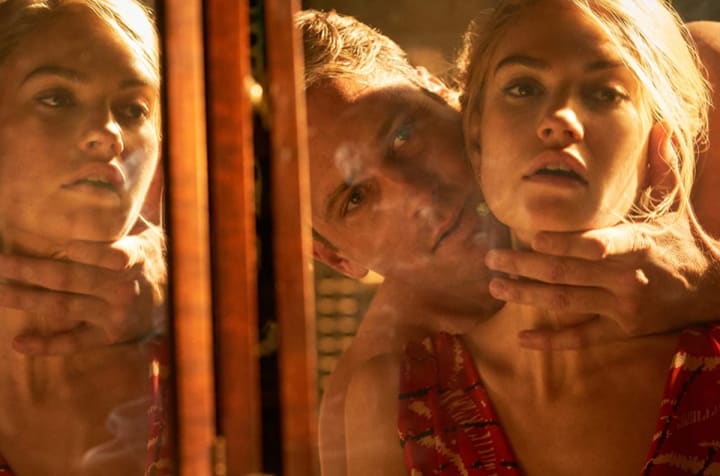
If nothing else, the film is visually pleasing to watch. The warm, bright colors give it a flair that should offer the perfect backdrop to a sinister story. From the opening shot, the cinematography evokes intrigue in the viewer, and pulls the audience in, making them eager to keep watching. The picture seems always to be hiding something that lurks just beyond the surface, even if at times the shots seem too pointed.
FALLS SHORT: Second Half
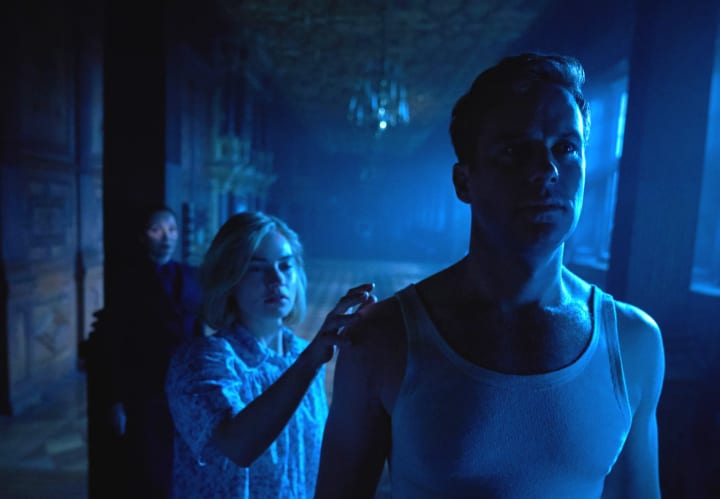
The first act of the movie builds suspense and intrigue, raising the viewers' expectations. It seems to be introducing a story in which James' character slowly slips into the persona of another; a real, true haunting (appropriately Gothic). However, the story only weakens as it continues. Lily James simply dons a dress that Mrs. de Winter owned, and Mr. de Winter is greatly perturbed - a predictable "twist". Sure, the film may subvert audience expectations, but as a result, the viewer is left unsatisfied. The big reveal and climax turn the hard work of the film's first half on its head, almost dismissively.
DOES WELL: Set Design

Just as compelling as the cinematography is the set design. The bright colors are alluring, if sometimes out of place in this seemingly dark story. As the story moves primarily into the mansion, the scenery changes, and the sets feel colder. The house is a perfect playground for Lily James to lose herself in and surrender to an alter ego of herself - to become Mrs. de Winter could have been the ultimate sacrifice and a true horror.
FALLS SHORT: Story Substance
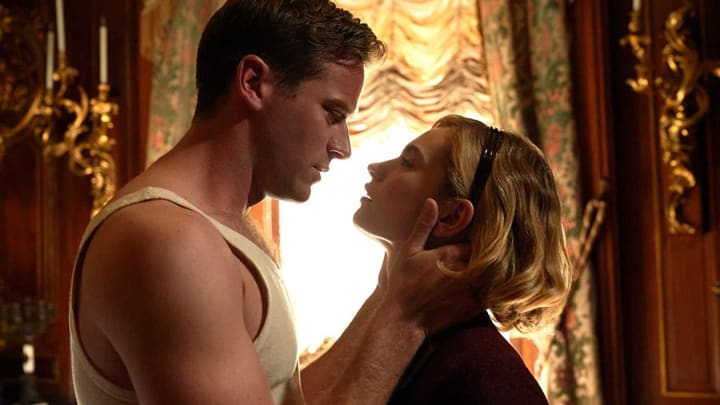
Regardless of the book upon which this film is based, the story would have been much more intriguing if Lily James' character slowly, subtly slipped into the role of the late Mrs. de Winter. This would have made for a much more haunting and thrilling tale than the character's sudden switch of dresses and the unceremonious reveal that Maxim has been wronged by his hysterical wife.
Furthermore, such a story could have been much more timely, especially when Hitchcock's adaptation already tells the story that Wheatley felt compelled to rehash.
DOES WELL: Casting
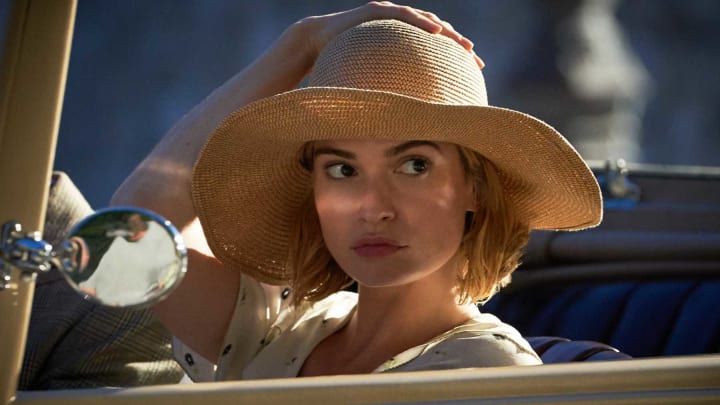
Though Armie Hammer is perhaps not given the chance to shine in this film, Lily James offers (at least in the earlier part of the movie) a nuanced performance. The actress taps into many emotions and has viewers rooting for her despite the glancing introduction to her new life.
Suffice it to say, acting is not the weakest point in this film. If the story was more fleshed out, especially the latter half, perhaps the performances could have delivered a more impactful story. For instance, Kristin Scott Thomas is intriguing and captivating as Mrs. Danvers, but unfortunately, her character seems to whittle down to something of little substance.
FALLS SHORT: An Unnecessary Adaptation
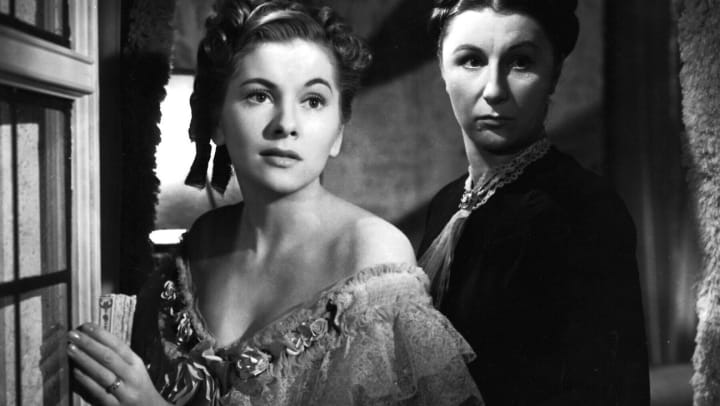
Many viewers have been comparing Wheatley's adaptation to Alfred Hitchcock's 1940 film, which was applauded by critics. While this newer adaptation may be in color, even its in-tune casting can't save the film's weaknesses. Hitchcock's adaptation is considered all but perfect, and fans of Daphne du Maurier's book are usually in favor of the earlier film. In short, the Netflix movie doesn't bring anything new to the story, and is basically an unnecessary adaptation.
About the Creator
Svetlana Sterlin
Svetlana Sterlin is based in Brisbane, Australia, where she writes prose, poetry, and screenplays. The founding editor of swim meet lit mag, she also edits with Voiceworks.
More from Svetlana: https://linktr.ee/svetlanasterlin


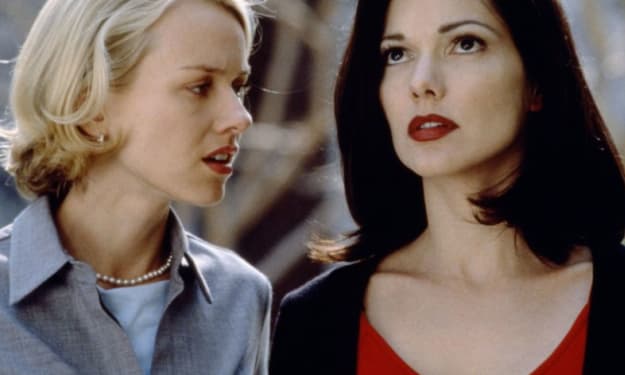



Comments
There are no comments for this story
Be the first to respond and start the conversation.